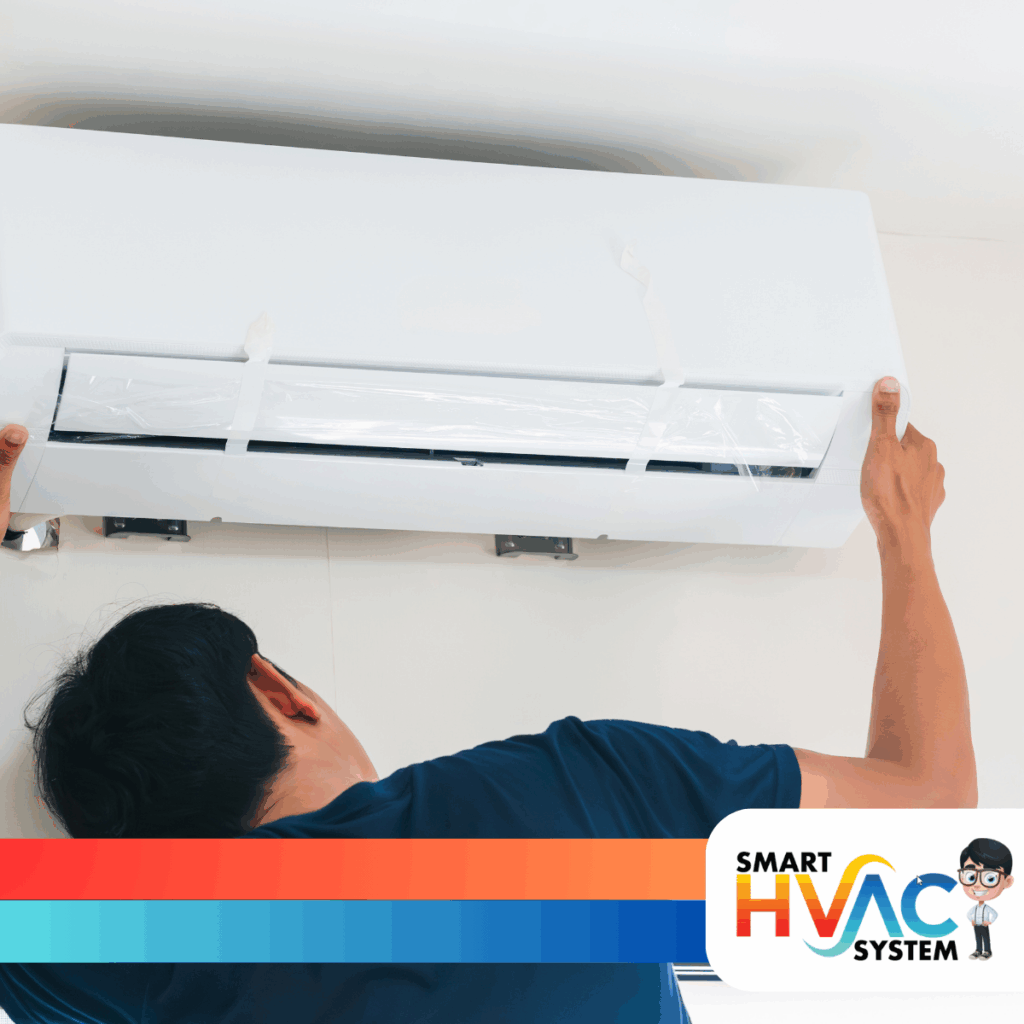Installing a new AC unit is a big decision—not just for your comfort, but for your long-term energy costs and home value. Whether you’re replacing an outdated air conditioner or adding cooling to a space for the first time, it’s important to get it right from the start.
Here are five key factors you should absolutely consider before moving forward with your air conditioning installation.
1. The Right Size for Your Space
Size matters—a lot. A cooling system that’s too small won’t keep your home comfortable, and one that’s too large will cycle on and off too frequently, wasting energy and wearing out faster.
Professional installers use a Manual J load calculation to determine the ideal size for your AC unit based on:
- Square footage
- Insulation levels
- Window placement
- Local climate
Pro tip: Don’t guess the size. Let a licensed HVAC technician do the math.
2. Energy Efficiency (SEER Ratings)
Not all air conditioners are created equal. The Seasonal Energy Efficiency Ratio (SEER) rating helps you compare energy usage between models. The higher the SEER rating, the more efficient the unit—and the lower your utility bills.
✅ Look for ENERGY STAR® certified air conditioning units
✅ A SEER rating of 14 or higher is standard, but 16–21+ can offer substantial savings over time
Investing in an efficient AC system might cost more upfront, but it can save you hundreds—or even thousands—over its lifetime.
3. Type of Air Conditioning System
There are different types of AC systems, and choosing the right one depends on your home’s layout, your needs, and your budget:
- Central Air Conditioning – Ideal for larger homes with existing ductwork
- Ductless Mini-Split Systems – Great for zoned cooling or homes without ducts
- Window or Portable Units – Best for small rooms or temporary cooling
Each system has pros and cons. An expert can help you find the best option for your comfort goals.
4. Installation Cost and Long-Term Value
The cost of a new AC unit goes beyond the sticker price. You’ll want to consider:
- Installation labor
- Electrical work (upgrades may be needed)
- Ductwork (modifications or cleaning)
- Smart thermostat integration
- Maintenance plans
Cheaper is not always better. A high-quality, professionally installed air conditioning system will last longer, perform better, and likely come with a strong service.
5. Professional Installation Makes the Difference
Even the best air conditioner will underperform if it’s not installed properly. That’s why it’s critical to hire a licensed, experienced AC installation technician. They’ll:
- Ensure proper refrigerant levels
- Secure and seal all ductwork
- Optimize airflow for each room
- Test your system for leaks and performance
A professional install means peace of mind, fewer breakdowns, and full service coverage.
Final Thoughts
Choosing the right AC unit is about more than just staying cool—it’s about comfort, efficiency, and long-term value. By considering these five key factors before installation, you’ll avoid common mistakes and enjoy a better home cooling experience.
Thinking of upgrading your air conditioning system? Schedule a consultation with a trusted HVAC expert to find the perfect fit for your home—and make sure it’s installed the right way from day one.
READ MORE:

